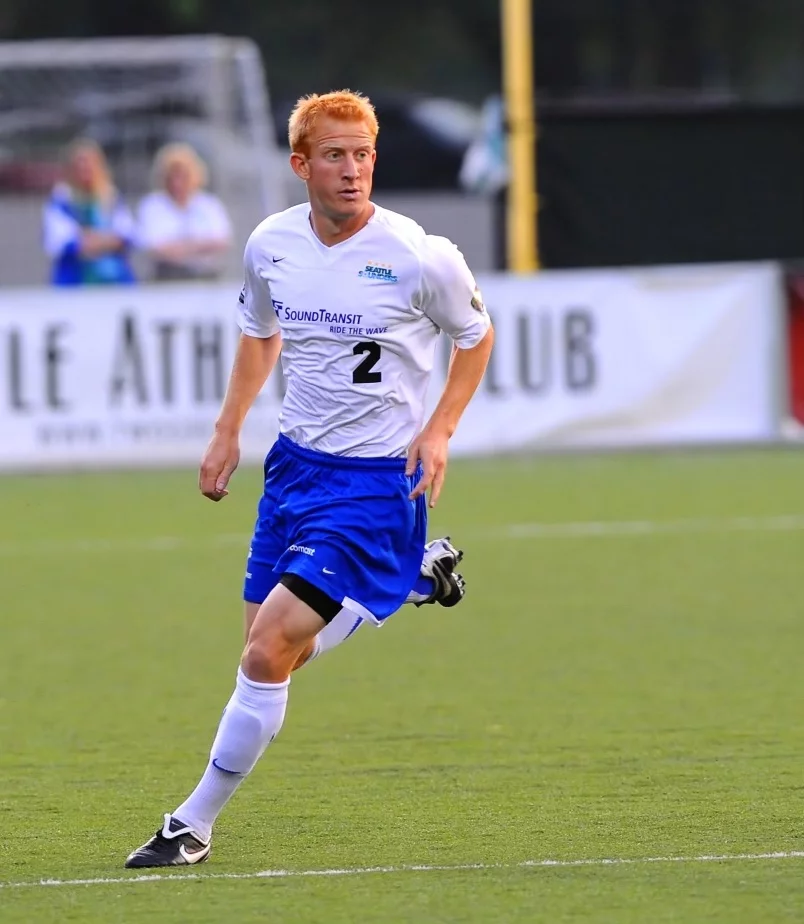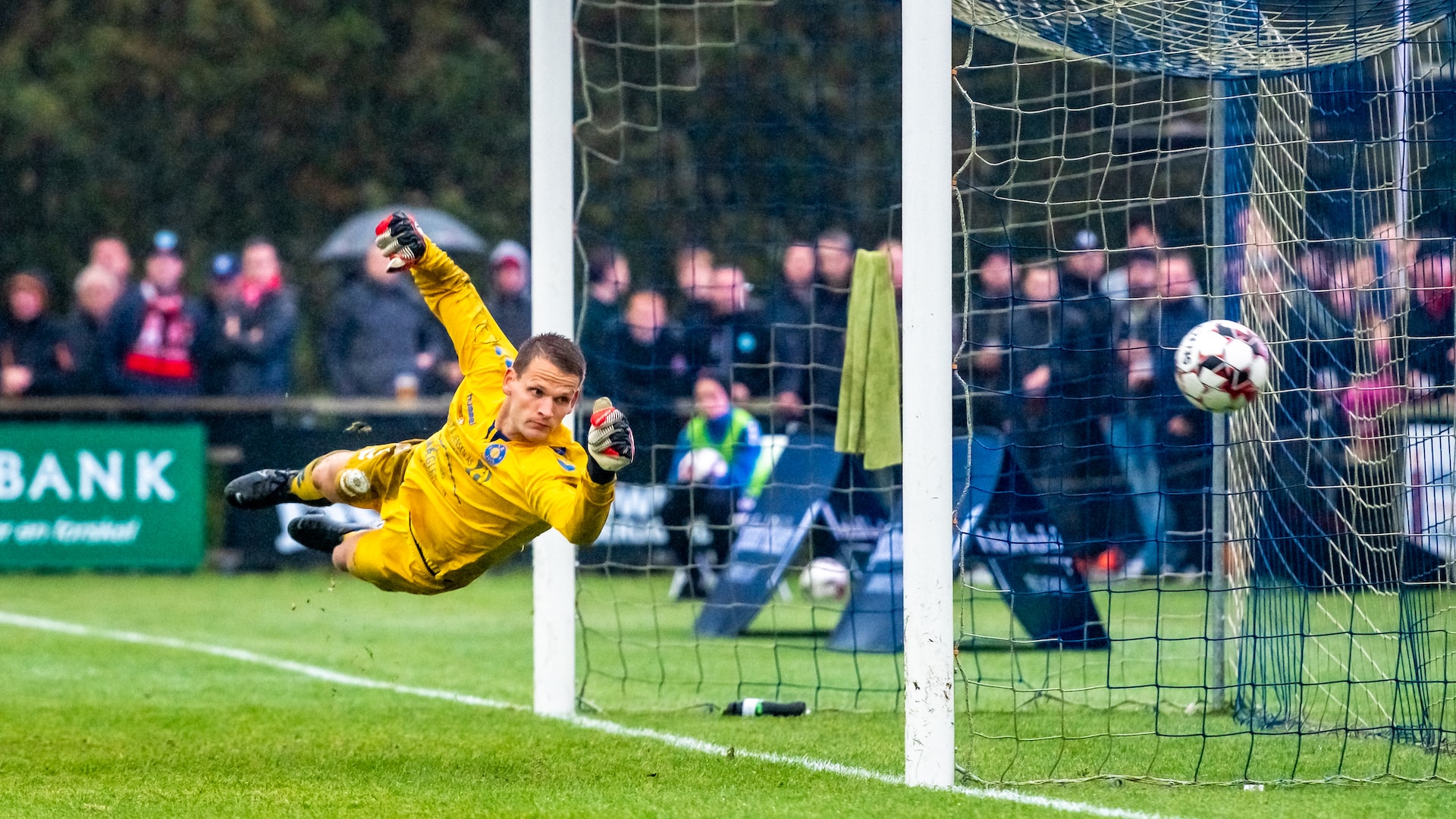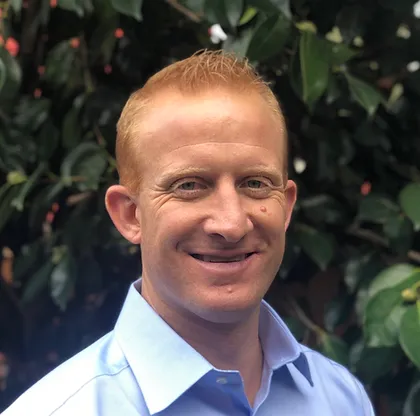At the Intersection of Sport and Mental Health
I have played soccer all of my life, and when I was younger, it was probably the single most important aspect of my identity. My life in soccer defined how I spent my time, who was in my social circle, what I was passionate about, what clothes I wore and how I presented myself to the world, and on some level impacted literally every aspect of my personal identity. For my entire playing career, from youth soccer to college soccer to professional soccer, I always knew that the mental aspect of both my performance and identity were very important factors in how I felt and how I performed, though I never knew how, exactly. I never had a framework for understanding how my mind could be an ally or an opponent of my performance and my emotions. I knew when I was anxious before a big game or tryout, I knew when my energy was too high or too low to perform at my best, I knew when I was beating myself up for a mistake, and I knew when I was feeling overwhelmed by the pressure to perform on and off the field. I knew my mind was an enormously powerful engine for good and for bad in my experience as an athlete and as a person, but I didn't know what to do with it. I didn't know how to control my thoughts, and I didn't have any skills to manage my mind and harness its power for my own benefit.

As a result, all too often my mind got in the way of me performing at my best, and all too often my mind greatly contributed to negative feelings about myself. I felt it, I knew it, and I think even just that knowledge set me apart a little bit, because within athletes and teams there has historically been a major emphasis on denying any issues related to the mind. Even in the pursuit of a competitive edge and improving mental skills, there is a stigma among athletes about any strategy related to the mind other than just to grit your teeth and push through. In my decades of organized sports, I was never encouraged to speak with anyone about any issues related to the mind. I received no therapy, no coaching on the mind, no support in my efforts to understand what my mind was doing, or how it could be utilized for good. As they would with any other player, coaches and teammates would make fun of me for any emotional “outburst,” and certainly any mental lapse that contributed to a performance mistake was recognized, but there never was the next step of figuring out what was going on mentally in that moment, or how could there be work done to minimize the likelihood of repeating the mistake. I knew the mind was a powerful contributor all along, but I never knew what to do with that understanding, or where to direct my efforts towards improving that area of my life and performance. That initial understanding of the power of the mind in my own experience led me to know that I always wanted to pursue a post-playing career in mental health.

In the 10+ years since my professional playing career ended, I have gained an incredible amount of knowledge that would have been invaluable during my time playing. Being better able to identify when my mind is an ally or an opponent, then utilizing skills to adjust accordingly would have undoubtedly improved my ability to compete and perform consistently at a higher level. Being able to understand that my moments of feeling supremely confident and being “in the zone” can be a superpower to harness would have raised the ceiling on my abilities. Seeing my own mental reactions to mistakes and being able to flush them rather than dwelling on them and compounding errors would have raised my floor. Recognizing negative self-talk, and understanding that my personal identity runs deeper than my on-field performance would have dramatically improved my experience throughout my life and career.
Athletes suffer from the same mental issues that everyone else does, and similarly they have the same need for therapy and support. The stigma around therapy is drastically reducing globally, and resistance within the sports community is similarly diminishing, though slower than the rest of the world. The pressure that comes from athletics, which exponentially increases as the level of competitiveness and achievement increases, is a different flavor than other experiences. The life of a student athlete, who's expected to excel in multiple areas in their lives better than most people excel at one, is different. The expectations are different, the internal and external pressures are different, the entire experience is just different for high-level athletes. Why would we expect the therapeutic experience then to be the same? Or even worse, why would we expect that the need for support from others, and/or having mental skills and training to cope with life would be less than the average person? Elite athletes are different, therefore therapy for elite athletes needs to be different. Understanding and being empathic towards the client experience is central to good rapport and good therapy. After taking a professional detour away from sports to learn and practice within the world of mental health, often with severely mentally ill and/or addicted clients, I have transitioned back to the world in which I was previously immersed, and am most passionate about. Working with athletes and helping them learn the lessons I never had the opportunity to understand is my new calling, and I'm thrilled to be back home.


